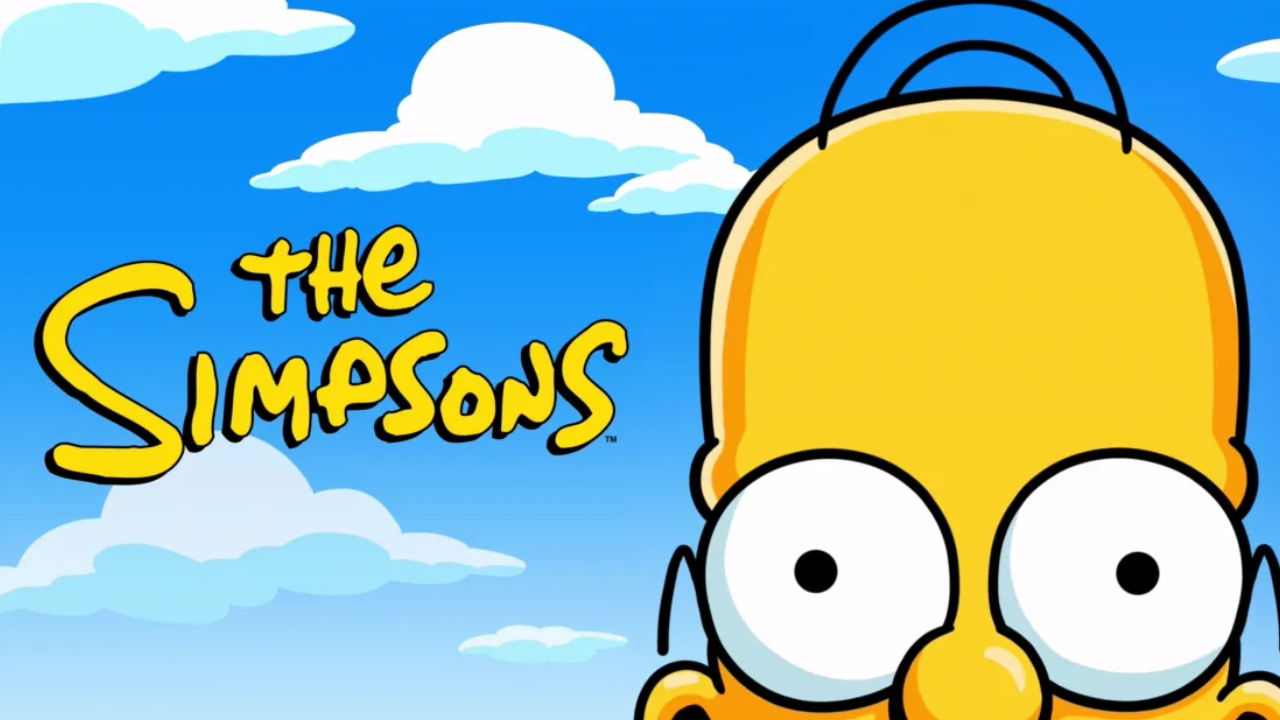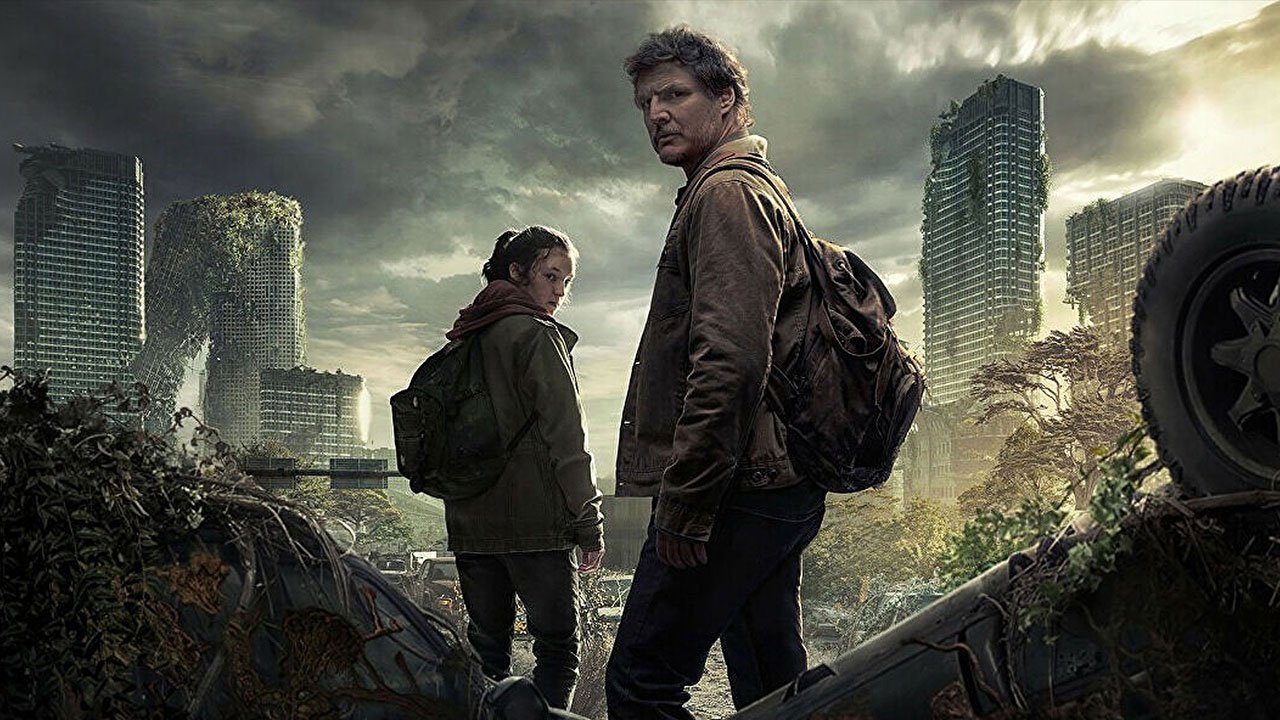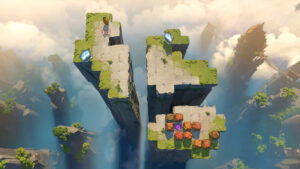TV shows and gaming were worlds that hadn’t collided too often until the last decade. That’s not to say there are some hilarious and bizarre examples of hit TV shows trying to cash in on their popularity by releasing quickfire video games that video gaming experts rightly and widely chastised. On the contrary, some of the great video games have been turned into TV shows, and there are some interesting examples of TV shows that haven’t felt the wrath of scorned gaming critics over the years.
Gaming & TV Shows – The Formative Years
The landscape and relationship between video games and TV shows are much healthier than in the early days of gaming, such as the mid-1990s. The golden age of television and the transformation of home video console gaming took place in a similar timeframe. Although fewer people were looking to fuse the two, that’s not to say some forward-thinking gaming executives and TV CEOs didn’t aim to make hay while the sun was shining.
TV series fans will argue that the health of streaming and TV shows is better than ever. While it is true that there’s such a mountain of options available on the big streaming platforms, quantity doesn’t automatically mean quality. People stream TV and play exciting online games regularly. With new series becoming viral sensations almost weekly, it can be challenging to keep up to date with those that are actually worth watching.
Shows that were landmark cultural pioneers, like The Sopranos and The Simpsons, were two of the earliest examples of how TV shows attempted to bridge this gap. Although The Sopranos game certainly wasn’t anything to get excited about, The Simpsons’ ideas covered a broader range of ideas.

Few cartoons or comedies can rival The Simpsons’ early days, with the top 10 episodes equal to any other show in the history of television. Not only was it so influential in the direction of mainstream cartoon comedies, but it was one of the few TV gaming crossover ideas that didn’t get immediately discarded by the gaming community. It paved the way for some of the more successful crossover ideas we’ve seen recently.
Inverting The Idea
By the time the 21st century came about, there was a tsunami of crossover ideas. There had been a revolution in home video console gaming, with the cultural success of the Nintendo 64 and the PlayStation 1 and 2 showing the demand for fresh gaming ideas. The latter, of course, is still the highest-selling video gaming console ever made.
As designers started throwing all sorts of designs at the wall, some in the TV industry decided to flip the idea on its head. Why not create TV shows based on some of the best-selling games?
The Last of Us is an obvious example of a game that has been turned into a groundbreaking and highly acclaimed TV show. The first season left the experts in awe, and the highly anticipated second season is set to deliver much of the same.
This success has spiralled into other avenues, with the Super Mario Bros movie surpassing $1 billion at the US box office. That’s not to say that there isn’t scope for some of the top TV shows to branch into the world of video gaming, but it feels like the inversion of the idea is paying the most dividends for both industries.
What Could The Future Hold?
As with many ideas in video gaming, TV, and film, the monumental success of one or two titles can result in a raft of new designers or executives looking to develop the next billion-dollar idea.
Often, these markets can become saturated, resulting in a tidal wave of lukewarm, arbitrary gaming or TV ideas. The proof is in the pudding, which, in this instance, are the viewing figures, profit levels, and critical acclaim generated by the top titles.
As long as shows like The Last Of Us can emerge from these crossover ideas, and movies like Super Mario Bros can generate such colossal attention, don’t expect this to fizzle out anytime soon. In fact, it’d be a surprise if this didn’t ramp up.

Netflix seems to have a bit between its teeth at the moment. The streaming monolith is reportedly exploring ideas to create TV shows for landmark gaming titles, such as Minecraft and Splinter Cell, to complement Resident Evil, released in 2022.
Although the initial stages of TV and video gaming ideas might have resulted in a few forgettable ideas, as they both increased their reach and audience and improved their scope and design, the inevitability of crossover titles becoming a success seemed obvious in hindsight.
Whether this has the same scope to continue growing at the same rapid rate it has been since the mid-2010s is another question, but Super Mario is likely to have at least one other smash-hit installment, and The Last of Us continues to generate acclaim as one of the best shows on TV. As long as this sort of narrative exists, the relationship between TV shows and gaming companies will continue to thrive.



